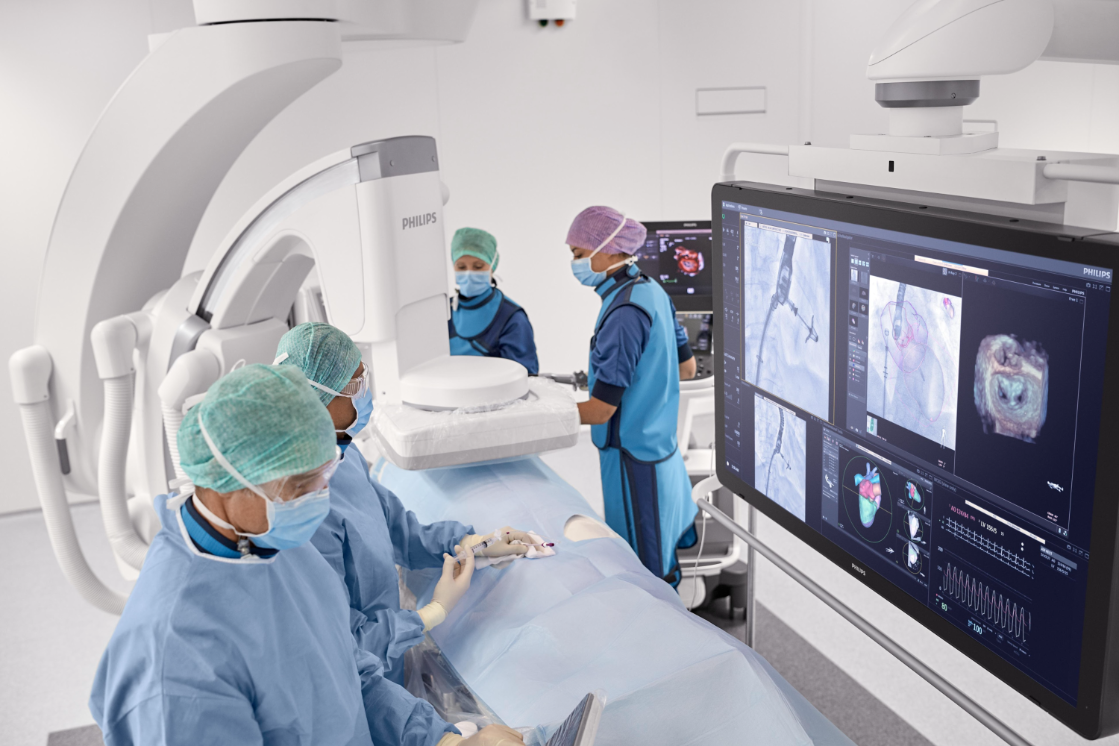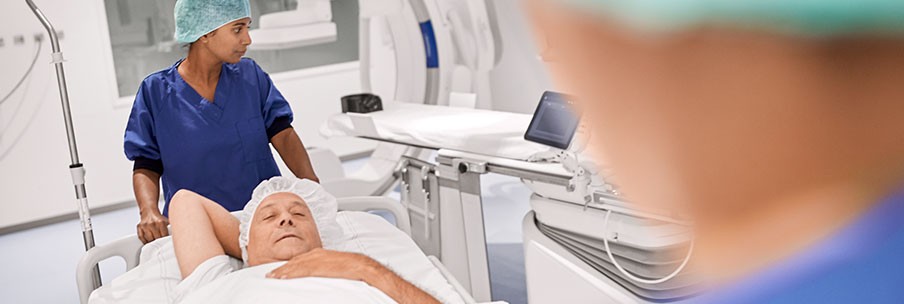Post Cardiac Catheterization Procedure
Cardiac catheterization can last from 30 minutes to several hours, depending on the reason for it. After the procedure, you will be moved to a recovery room for a few hours. During this time, you must lie flat. You will be asked to keep your leg straight and will not be able to get out of bed. Your heartbeat and other vital signs (pulse and blood pressure) will be checked during your recovery. You may need to stay overnight in a cardiac care unit.
If you are discharged on the same day, you are required to have a designated family member or friend to drive you home.
If you're having a procedure such as an Angiogram, Permanent Pacemaker Implantation or a Percutaneous Coronary Intervention, you will need to take it easy for a few days. Ask your doctor about returning to work and other activities. Your doctor may suggest cardiac rehabilitation to help you recover
Complications and risks include problems with the dye, irregular heartbeat, blood vessel damage, stroke, and heart attack. Needing emergency heart surgery is also a risk.
Be sure to follow all instructions provided by your health care team. It is important to take your medications as directed and to make follow-up appointments before leaving the hospital.
Understanding the Results of Your Cardiac Catheterization Procedure
If your cardiac catheterization is part of a test, such as an angiogram to look for blockages in your arteries, your doctor will talk to you about the results afterward. The test can provide information about the need for:








